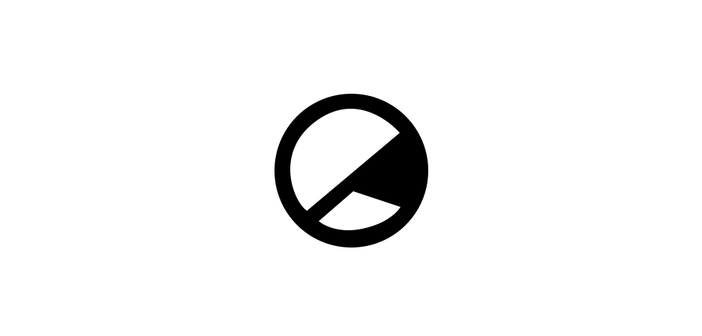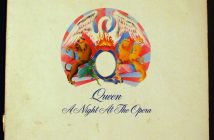As recently reported by Music Business Worldwide, Spotify are ostensibly seeking a patent for new AI technology to detect plagiarism. This technology would feed a song’s chord sequence, melodic fragments, harmony, et cetera into an algorithm and compare it with others on the service. Using this, it would calculate a “similarity value” (yikes!) between the song and the rest of Spotify’s catalogue to determine whether or not it is plagiarised. You can visit the mentioned article here to see a more detailed explanation as well as a visual of the algorithm’s potential constituents.
For a platform that could be empowering musicians, the streaming giant seems to be doing anything but. Following Daniel Ek’s comments on artist productivity as well as the new Discovery Mode (“promotional royalty rate” — a joke), plagiarism AI appears the next in a list of blows to creators and the culture around music streaming services. I should be clear and first say that actual plagiarism is obviously disgraceful; creatives should be noble and respect others’ work enough not to steal it. If a song is, quite obviously, the same as another, this calls for judgement — I just don’t think that automation or AI is the way to go and that there is a great deal of flexibility in liberty when it comes to music that is being ignored.
Indeed, there is a league of problems with Spotify’s new tech. The idea of having an AI mass-monitor song similarity, or, further, having one app/company define the proximities of musical plagiarism, is laughable enough on its own. Think about the abject failure of YouTube’s Content ID system, or simply the hypothetical pitfalls of having music (music!) analysed and regulated by AI. The way to settle legitimate complaints of plagiarism in music is in the courtroom, as many have recently done. Not only does it undermine actual cases of plagiarism by comparing conscious copying and capitalisation to songs simply having similar makeup, but it also spits in the face of creativity. Homages? Pastiche? Generally having inspirations? If this and the Ed Sheeran/Marvin Gaye lawsuit is anything to go off, using other genres or sonically referencing other artists is plagiarism. Right alongside illegally sampling a song or copying entire passages of writing is using the same chord progression and a similar melody, implies this system. The idea of being able to copyright chords and melody is, surely, artistically dystopian. Think of all the great recent disco resurgence that directly aims to imitate or classic sounds, or a song like The Strokes’ ‘Bad Decisions’, which intentionally interpolates Billy Idol. These examples show us that a baked-in system like this would walk a faintly off-putting line between enforcing creative echo chambers and aiding actual cases of plagiarism. Organic creativity should always come first.
The report also mentions that artists/producers/etc. will be able to see the results of the AI in “near-real-time”, meaning that, if desired, tweaks could be made before releasing material to avoid claims of plagiarism. Frankly, if you have to check whether your track flags on a system like this, you probably haven’t plagiarised anything — surely, something slipping into your subconscious as you’re writing or channelling a certain sound is not the same as intentionally repackaging someone else’s material. The idea of an artist modifying their song to avoid it being detected as similar to a vast database of music, most of which they won’t have heard, compromises creative enterprise. It is not difficult to see this moving to a place where songs deemed “plagiarised” past a certain threshold or value are not allowed on Spotify at all or have their reach limited. It’s conjecture, but an upset way to regulate art. We’re yet to see this technology and how it will work or even be implemented, but having AI collect musical factors and using this to presume plagiarism seems a horrendous approach.




